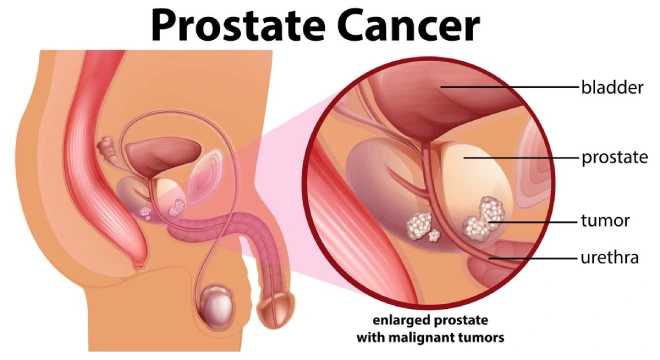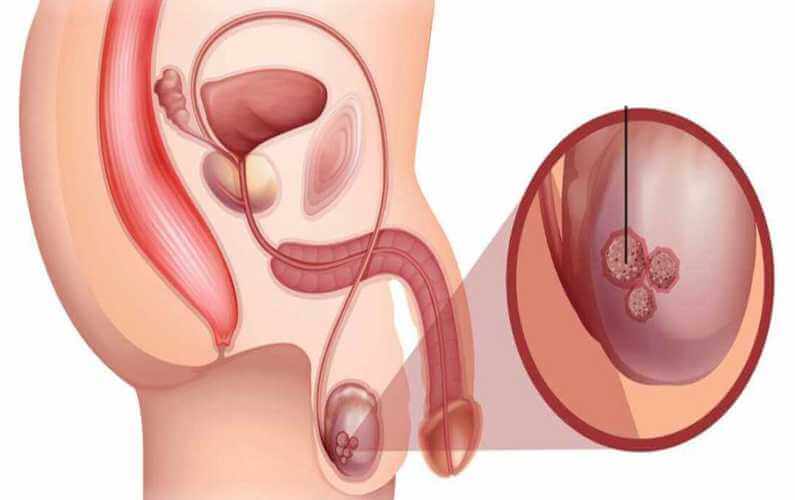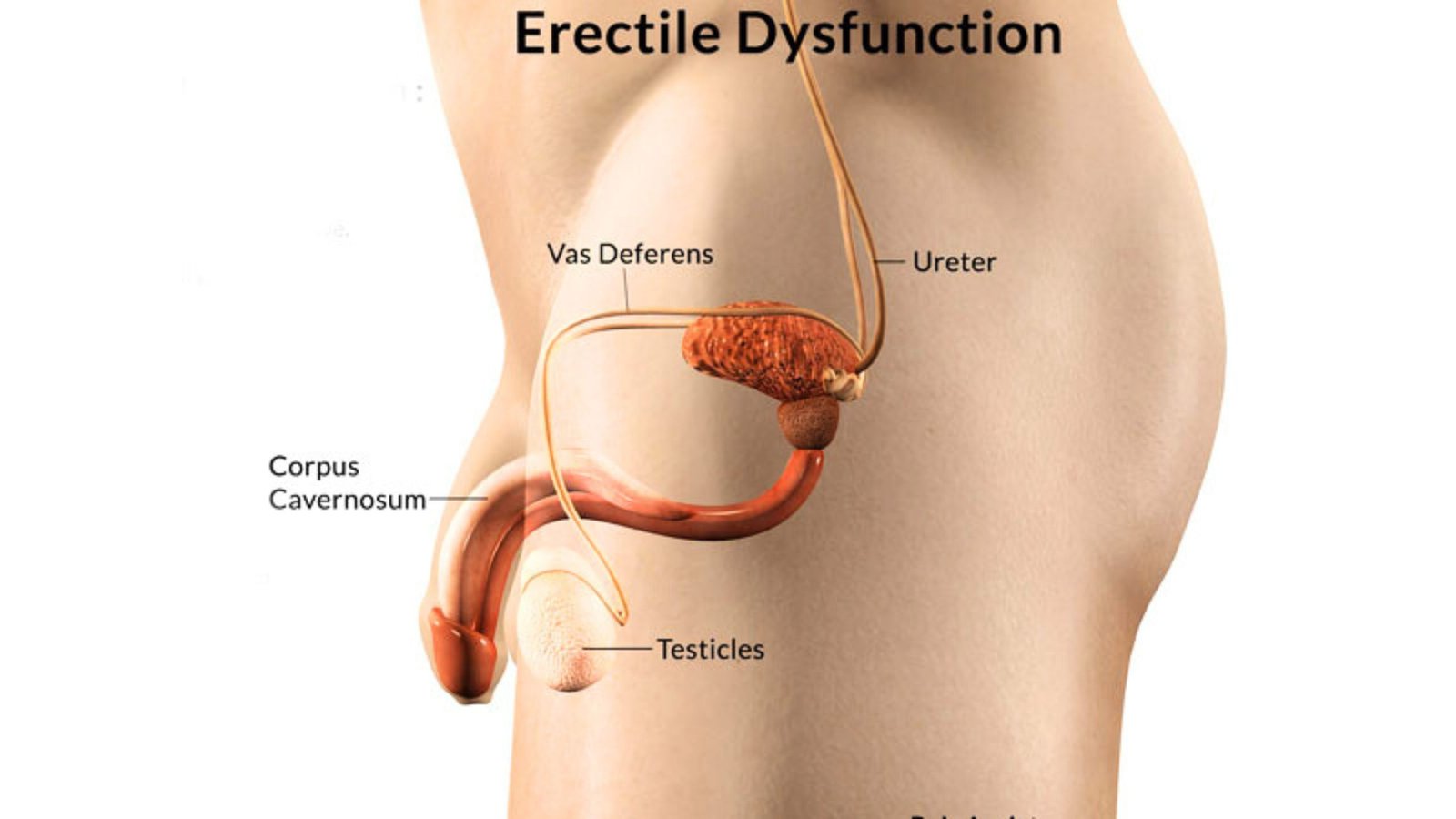Maintaining good health is essential for everyone, and men are no exception. Unfortunately, there are several common health problems that affect men more frequently than women. In this article, we will discuss these health issues and provide tips on how to prevent them. By being proactive and taking care of their well-being, men can lead healthier and more fulfilling lives.
1. Prostate Cancer

Prostate cancer is one of the most prevalent forms of cancer among men globally. The prostate, a small gland located between the bladder and the penis, produces seminal fluid. Symptoms of prostate cancer may include bone pain, trouble urinating, decreased force of the urine stream, erectile dysfunction, and blood in the urine.
Several risk factors can increase the chances of developing prostate cancer. These include age (the disease is more common in men over 50), a family history of the disease, and obesity. Early detection is crucial for successful treatment and recovery. Regular prostate exams, such as digital rectal exams or prostate-specific antigen tests, can help diagnose prostate cancer.
Read : The Best Superfoods to Boost Male Fertility
2. Cardiovascular Disease

Cardiovascular disease (CVD) refers to conditions that affect the heart and blood vessels. It is a leading cause of death in South Africa, second only to HIV/AIDS. Various types of CVD, such as heart failure, heart attack, congenital heart disease, and arrhythmia, can impact men’s health.
Risk factors for cardiovascular disease include high blood pressure, high cholesterol levels, obesity, inactivity, diabetes, a family history of the disease, and smoking. Leading a heart-healthy lifestyle, including regular exercise, a balanced diet, and avoiding tobacco use, can significantly reduce the risk of CVD.
3. Mental Health Issues

Mental health is equally important as physical health. Unfortunately, men are often reluctant to seek help for mental health issues. Young adult males are particularly vulnerable, with higher rates of mental health problems, including anxiety and depression. Suicide and self-inflicted injuries are also more prevalent among men.
Stressful experiences, such as relationship breakups, traumatic events, or job loss, can contribute to mental health issues in men. Loneliness and social isolation can also impact their well-being. Encouraging open conversations about mental health, seeking professional help when needed, and fostering support systems can play a crucial role in addressing and improving men’s mental health.
4. Testicular Cancer

Testicular cancer primarily affects younger men between the ages of 15 and 44. It is a relatively rare form of cancer but can be highly curable if detected early. Symptoms may include a lump or swelling in the testicle, pain or discomfort in the scrotum, or a feeling of heaviness in the testicle.
Regular testicular self-exams can help detect any abnormalities. If you notice any changes or have concerns, it is essential to consult a healthcare professional. Treatment options for testicular cancer may include surgery, radiation therapy, or chemotherapy, depending on the stage and severity of the disease.
5. Erectile Dysfunction

Erectile dysfunction (ED) is a common condition that affects men’s sexual health. It refers to the inability to achieve or maintain an erection sufficient for sexual intercourse. ED can have various causes, including underlying health conditions such as diabetes, cardiovascular disease, or hormonal imbalances. Psychological factors like stress, anxiety, or relationship issues can also contribute to ED.
Maintaining a healthy lifestyle, including regular exercise, a balanced diet, and managing stress, can help prevent or improve erectile dysfunction. Seeking professional help from a healthcare provider or specialized therapist can provide guidance and treatment options tailored to individual needs.
Conclusion
Taking care of one’s health is crucial for men of all ages. By understanding and addressing common health problems like prostate cancer, cardiovascular disease, mental health issues, testicular cancer, and erectile dysfunction, men can take proactive steps towards better well-being. Regular check-ups, healthy lifestyle choices, and seeking professional help when needed are essential for preventing and managing these health concerns. Remember, prioritizing your health is an investment in a happier and healthier future.


